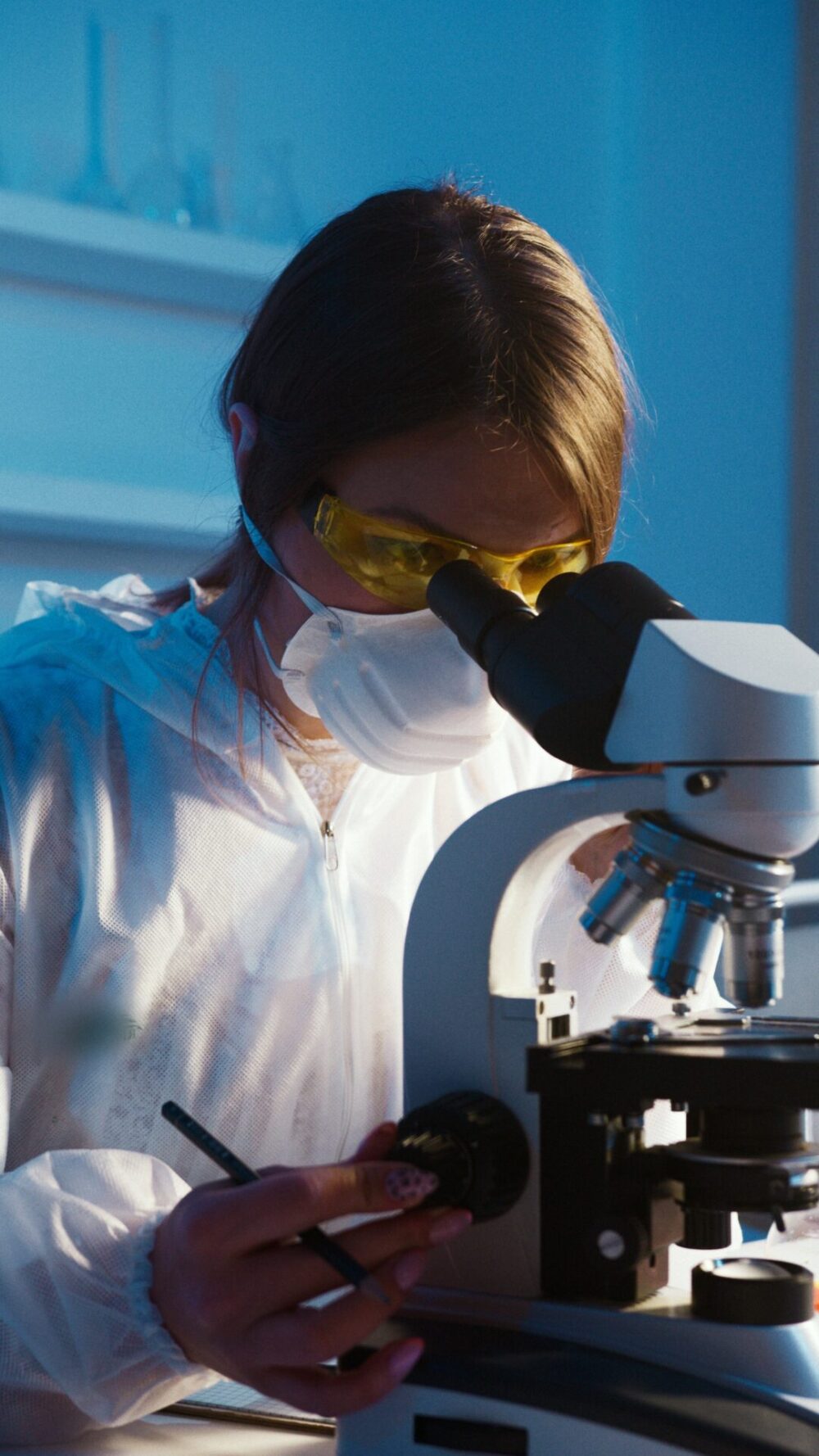In the realm of modern science and medicine, few advancements have captured the public’s imagination quite like DNA testing. This groundbreaking technology has not only transformed our understanding of genetics but has also offered individuals unprecedented insights into their own biological makeup. From uncovering ancestry to predicting health predispositions, DNA testing has revolutionized the way we perceive ourselves and our place in the world.
The Foundation of Life: Understanding DNA
Before delving into the intricacies of DNA testing, it’s crucial to grasp the fundamental concept of DNA itself. Deoxyribonucleic acid, commonly known as DNA, is a molecule that contains the genetic instructions for the development, functioning, and reproduction of all known living organisms. It’s essentially the blueprint of life, encoding the information necessary for the growth, maintenance, and functioning of every cell in our bodies.
DNA is composed of a sequence of nucleotides, each of which contains a sugar, a phosphate group, and a nitrogenous base. The sequence of these bases – adenine (A), thymine (T), cytosine (C), and guanine (G) – forms the genetic code that determines an individual’s unique traits, characteristics, and even potential health risks.
DNA Testing: Unveiling the Mysteries
DNA testing involves the analysis of an individual’s DNA to gain insights into various aspects of their biology. The process typically begins with collecting a DNA sample, which can be obtained from sources such as saliva, cheek swabs, or blood. Once the sample is collected, advanced laboratory techniques are employed to extract and analyze the genetic information contained within the DNA.
There are several types of DNA tests, each serving a different purpose:
- Ancestry Testing: This type of DNA test traces an individual’s genetic heritage and ancestral origins. By comparing a person’s DNA to databases of known genetic markers from various populations around the world, these tests can provide a detailed breakdown of a person’s ethnic background and the migration paths of their ancestors.
- Health and Wellness Testing: DNA tests can also offer insights into an individual’s potential health risks and predispositions. By analyzing specific genetic markers associated with certain conditions, these tests can provide information about an individual’s likelihood of developing conditions like heart disease, diabetes, or certain types of cancer.
- Paternal and Maternal Lineage Testing: These tests focus on tracing one’s direct maternal or paternal lineage by examining specific markers passed down through generations. Paternal lineage is often determined through the Y chromosome, while maternal lineage is traced using mitochondrial DNA.
- Genetic Compatibility Testing: Some DNA tests assess genetic compatibility between potential partners, providing information about potential risks of inherited conditions in their future offspring.
Empowering Individuals with Knowledge
One of the most compelling aspects of DNA testing is its potential to empower individuals with a deeper understanding of their own biology. Ancestry testing, for example, can help people reconnect with their roots, uncover hidden family histories, and gain a sense of cultural identity. Health-related DNA testing, on the other hand, enables individuals to take proactive steps towards managing their health and making informed lifestyle choices.
However, with this power comes responsibility. The results of DNA tests can have profound emotional and psychological effects, and individuals may need support in interpreting and coping with the information they receive. Privacy concerns also arise, as genetic data is inherently personal and sensitive, raising questions about how this information is stored, used, and shared.
Ethical and Social Implications
As the field of DNA testing continues to advance, ethical and social questions abound. Issues such as informed consent, data security, and potential misuse of genetic information challenge the responsible development and application of this technology. Additionally, concerns about genetic discrimination in areas such as employment and insurance have sparked discussions about the need for legal safeguards to protect individuals based on their genetic makeup.
The Future of DNA Testing
As our understanding of genetics deepens and technology evolves, the potential applications of DNA testing are poised to expand even further. Researchers are continually uncovering new genetic markers associated with various traits and conditions, paving the way for more accurate and comprehensive testing. Additionally, advancements in gene editing technologies, such as CRISPR-Cas9, may enable targeted interventions to address genetic disorders at their source.
In conclusion
DNA testing stands as a testament to the remarkable progress that science and technology have made in unraveling the mysteries of human genetics. From tracing our ancestral roots to gaining insights into our health, DNA testing offers a window into our genetic blueprint, enabling us to make more informed choices and empowering us to take control of our biological destiny. As we navigate the ethical and societal implications of this technology, the promise of a future where personalized medicine and individual empowerment are intertwined is both exciting and thought-provoking.
